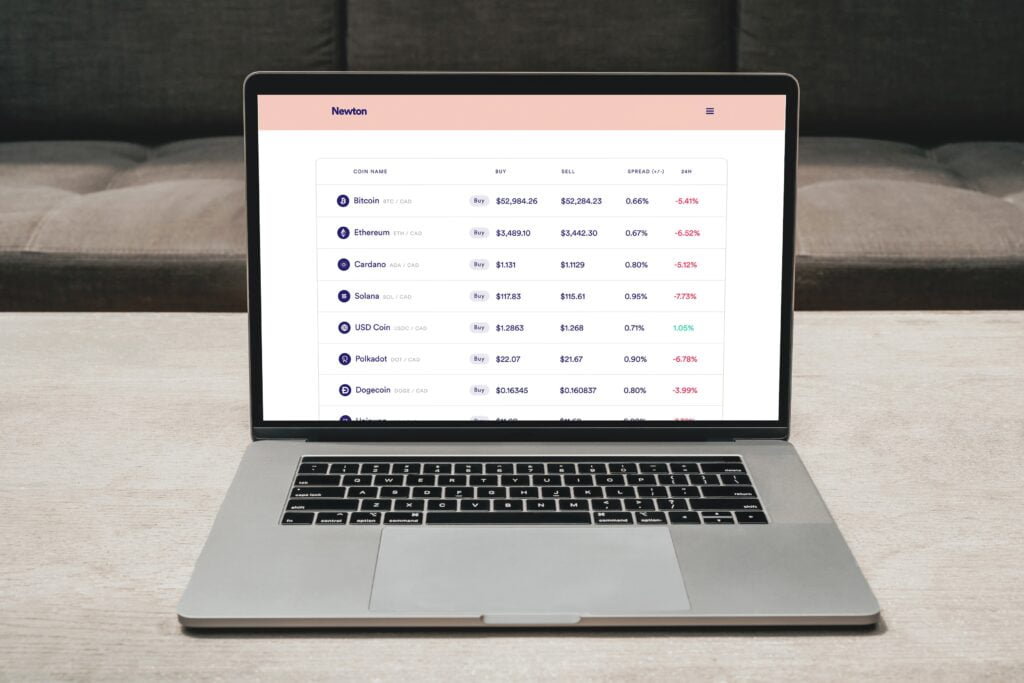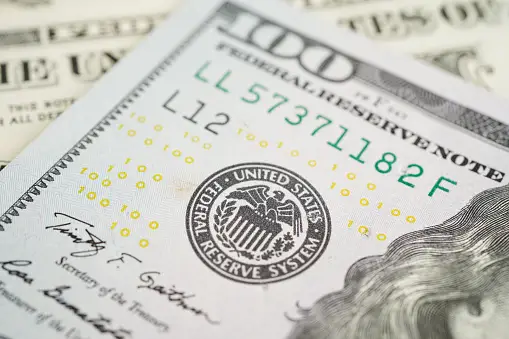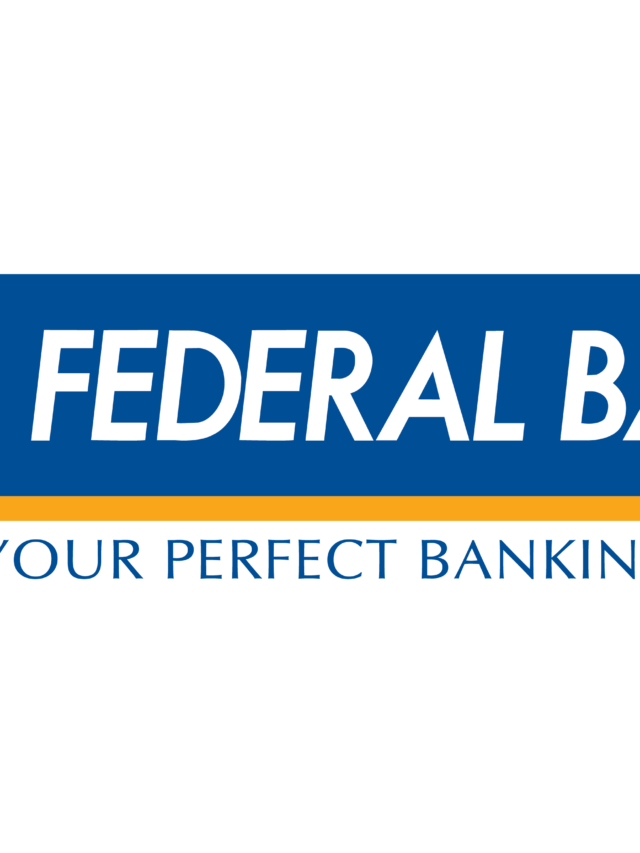Warning: Undefined array key 0 in /home/u117450413/domains/smartblog91.com/public_html/wp-content/plugins/seo-image-optimizer/options/option-panel.php on line 141
Deprecated: pathinfo(): Passing null to parameter #1 ($path) of type string is deprecated in /home/u117450413/domains/smartblog91.com/public_html/wp-content/plugins/seo-image-optimizer/options/option-panel.php on line 141
Warning: Undefined array key 0 in /home/u117450413/domains/smartblog91.com/public_html/wp-content/plugins/seo-image-optimizer/options/option-panel.php on line 141
Deprecated: pathinfo(): Passing null to parameter #1 ($path) of type string is deprecated in /home/u117450413/domains/smartblog91.com/public_html/wp-content/plugins/seo-image-optimizer/options/option-panel.php on line 141
Warning: Undefined array key 0 in /home/u117450413/domains/smartblog91.com/public_html/wp-content/plugins/seo-image-optimizer/options/option-panel.php on line 141
Deprecated: pathinfo(): Passing null to parameter #1 ($path) of type string is deprecated in /home/u117450413/domains/smartblog91.com/public_html/wp-content/plugins/seo-image-optimizer/options/option-panel.php on line 141
Warning: Undefined array key 0 in /home/u117450413/domains/smartblog91.com/public_html/wp-content/plugins/seo-image-optimizer/options/option-panel.php on line 141
Deprecated: pathinfo(): Passing null to parameter #1 ($path) of type string is deprecated in /home/u117450413/domains/smartblog91.com/public_html/wp-content/plugins/seo-image-optimizer/options/option-panel.php on line 141
In the realm of economics, few decisions hold as much sway as the actions of the Federal Reserve (Fed), the central bank of the United States. Among its many responsibilities, the Fed plays a pivotal role in regulating the nation’s monetary policy, influencing the availability and cost of money. One of its primary tools for achieving this is the federal funds rate, a benchmark interest rate that banks charge each other for overnight loans.
When the Fed decides to raise the federal funds rate, it signals an intention to tighten monetary policy, making borrowing more expensive. This can have a ripple effect across the economy, impacting individuals, businesses, and the overall financial landscape.
- Why Does the Fed Raise Interest Rates?
- Impact of Fed Rate Hikes on Individuals
- Impact of Fed Rate Hikes on Businesses
- Impact of Fed Rate Hikes on the Overall Economy
- Navigating Fed Rate Hikes: Tips for Individuals and Businesses
- For businesses, strategies to manage rising interest rates include:
- Conclusion
- Frequently Asked Questions About Fed Rate Hikes
- Q: What is a Fed rate hike?
- Q: Why does the Fed raise interest rates?
- Q: What are the impacts of Fed rate hikes on individuals?
- Q: What are the impacts of Fed rate hikes on businesses?
- Q: What are the impacts of Fed rate hikes on the overall economy?
- Q: How can individuals and businesses prepare for Fed rate hikes?
- Q: How can I stay informed about Fed rate hike decisions?
Why Does the Fed Raise Interest Rates?
The Fed raises interest rates primarily to combat inflation, the sustained increase in the general price level of goods and services. When inflation runs high, it erodes purchasing power, making it harder for consumers to afford essential goods and services. By raising interest rates, the Fed aims to cool down the economy, reducing demand and bringing inflation back under control.

Impact of Fed Rate Hikes on Individuals
Fed rate hikes have a direct impact on individuals’ borrowing costs. For example, variable-rate loans, such as adjustable-rate mortgages (ARMs) and credit cards, become more expensive when interest rates rise. This can strain household budgets, potentially leading to increased debt obligations and reduced disposable income.
On the other hand, savers may benefit from higher interest rates, as banks may raise their deposit rates to attract and retain funds. However, the extent of this benefit depends on the individual’s savings habits and the overall interest rate environment.
Impact of Fed Rate Hikes on Businesses
Businesses also face increased borrowing costs when the Fed raises interest rates. This can make it more expensive for companies to finance expansion plans, invest in new equipment, or hire additional employees. In some cases, businesses may be forced to delay or even abandon investment projects altogether.
Moreover, higher interest rates can slow consumer spending, potentially hurting businesses that rely on consumer demand. This can lead to reduced revenue, lower profit margins, and even job cuts.
Impact of Fed Rate Hikes on the Overall Economy
By tightening monetary policy, the Fed aims to moderate economic growth, bringing it back to a sustainable pace. This can help prevent the economy from overheating and experiencing excessive inflation. However, if the Fed tightens too much or too quickly, it can tip the economy into a recession, characterized by declining economic activity, rising unemployment, and reduced consumer spending.
Navigating Fed Rate Hikes: Tips for Individuals and Businesses
In a rising interest rate environment, individuals and businesses can take steps to mitigate the potential negative impacts. For individuals, this may involve:
- Reviewing and refinancing existing loans: If you have variable-rate loans, consider refinancing to a lower fixed rate to lock in lower interest payments.
- Reducing debt: Prioritize paying down high-interest debt, such as credit card balances, to minimize the impact of rising interest rates.
- Building an emergency fund: Having a financial cushion can help you weather unexpected expenses or income fluctuations that may arise due to economic changes.
For businesses, strategies to manage rising interest rates include:
- Negotiating lower interest rates with lenders: Maintaining strong financial performance and a positive credit history can strengthen your bargaining position with lenders.
- Exploring alternative financing options: Consider seeking financing from sources other than traditional banks, such as crowdfunding platforms or venture capital.
- Improving operational efficiency: Identifying and eliminating unnecessary expenses can help offset the impact of higher borrowing costs.

Conclusion
Fed rate hikes are a significant factor in shaping the economic landscape, impacting individuals, businesses, and the overall financial system. While they may be necessary to combat inflation, it is crucial to understand their potential consequences and take proactive steps to mitigate any negative impacts. By carefully managing finances, exploring alternative financing options, and adopting efficient business practices, individuals and businesses can navigate the challenges of rising interest rates and position themselves for long-term success.
Frequently Asked Questions About Fed Rate Hikes
Q: What is a Fed rate hike?
A: A Fed rate hike is an increase in the federal funds rate, the target interest rate at which banks lend to each other overnight. The Fed raises the federal funds rate to tighten monetary policy, which can slow down economic growth and control inflation.
Q: Why does the Fed raise interest rates?
A: The Fed raises interest rates primarily to combat inflation, which is a sustained increase in the general price level of goods and services. When inflation runs high, it erodes purchasing power, making it harder for consumers to afford essential goods and services. By raising interest rates, the Fed aims to cool down the economy, reducing demand and bringing inflation back under control.
Q: What are the impacts of Fed rate hikes on individuals?
A: Fed rate hikes can have a direct impact on individuals’ borrowing costs. For example, variable-rate loans, such as adjustable-rate mortgages (ARMs) and credit cards, become more expensive when interest rates rise. This can strain household budgets, potentially leading to increased debt obligations and reduced disposable income.
On the other hand, savers may benefit from higher interest rates, as banks may raise their deposit rates to attract and retain funds. However, the extent of this benefit depends on the individual’s savings habits and the overall interest rate environment.
Q: What are the impacts of Fed rate hikes on businesses?
A: Businesses also face increased borrowing costs when the Fed raises interest rates. This can make it more expensive for companies to finance expansion plans, invest in new equipment, or hire additional employees. In some cases, businesses may be forced to delay or even abandon investment projects altogether.
Moreover, higher interest rates can slow consumer spending, potentially hurting businesses that rely on consumer demand. This can lead to reduced revenue, lower profit margins, and even job cuts.
Q: What are the impacts of Fed rate hikes on the overall economy?
A: By tightening monetary policy, the Fed aims to moderate economic growth, bringing it back to a sustainable pace. This can help prevent the economy from overheating and experiencing excessive inflation. However, if the Fed tightens too much or too quickly, it can tip the economy into a recession, characterized by declining economic activity, rising unemployment, and reduced consumer spending.
Q: How can individuals and businesses prepare for Fed rate hikes?
In a rising interest rate environment, individuals and businesses can take steps to mitigate the potential negative impacts. For individuals, this may involve:
- Reviewing and refinancing existing loans: If you have variable-rate loans, consider refinancing to a lower fixed rate to lock in lower interest payments.
- Reducing debt: Prioritize paying down high-interest debt, such as credit card balances, to minimize the impact of rising interest rates.
- Building an emergency fund: Having a financial cushion can help you weather unexpected expenses or income fluctuations that may arise due to economic changes.
For businesses, strategies to manage rising interest rates include:
- Negotiating lower interest rates with lenders: Maintaining strong financial performance and a positive credit history can strengthen your bargaining position with lenders.
- Exploring alternative financing options: Consider seeking financing from sources other than traditional banks, such as crowdfunding platforms or venture capital.
- Improving operational efficiency: Identifying and eliminating unnecessary expenses can help offset the impact of higher borrowing costs.
Q: How can I stay informed about Fed rate hike decisions?
A: The Federal Reserve announces its monetary policy decisions eight times per year. The dates for these meetings are published on the Fed’s website in advance. You can also follow economic news sources and financial analysts for updates on Fed policy and its potential impacts.
By understanding the implications of Fed rate hikes and taking proactive measures, individuals and businesses can navigate the challenges of a rising interest rate environment and position themselves for long-term success.




